Robert Dozier
 |
| 1930-2012 |
 |
| Robert Dozier wrote the Batman episode which introduced Caesar Romero as The Joker |
 |
| Dozier's widow, actress Diana Muldaur, as Rosalind Shays in L.A. Law |
Bob called both Joan Fontaine and Ann Rutherford (of Gone With the Wind fame) stepmom, at various times in his life, and through his marriage to actress Diana Muldaur (who is one of my favorite supporting stars of television), was in-law to folk singer/songwriter Geoff Muldaur and his two daughters Jenni and Clare Muldaur, as well as Geoff's ex-wife, Maria Muldaur (and no, this week's Dance Party is NOT "Midnight at the Oasis").
Got all that? Me neither, but back to Bob. He grew up in Hollywood, graduating from Beverly Hills High, and after a stint in the army, embarked on a pretty substantial career writing for the screen.
 |
| Dozier wrote promotional films while in the service. |
His name is often mentioned alongside those of Paddy Chayefsky, Rod Serling, and Reggie Rose, as one of the leading writers of television's Golden Age. His autobiographical teleplay Deal A Blow was successful enough to be adapted to the big screen, becoming The Young Stranger, which afforded John Frankenheimer his first feature film directing credit. James MacArthur was the stand-in for Dozier, as a young man ignored by his movie producer father.
 |
| The Young Stranger, Dozier's autobiographical film, starred James MacArthur, with Kim Hunter and James Daly as his distant parents |
 |
| TV's Dan August provided an early break for Burt Reynolds |
Bob had a long career in episodic television, writing or producing for dozens of shows including Dr. Kildaire, Have Gun Will Travel, Harry O, Dan August, Hawaii Five-O, The Devlin Connection, and so many others.
 |
| Diana Muldaur, as a blind navigator in the original Star Trek |
He retired from show business in 1989 (his talented wife Diana did as well; you'd recognize her from various Star Trek franchises, and from her stint as barracuda Rosalind Shays on L.A.Law). Our hero died January 6 at the age of 81.
This week's Dance Party comes from one of Robert Dozier's story credits, which, in 1963, provided Judy Garland with her final film appearance.
I Could Go On Singing had a melodramatic storyline, all about a famous singer who attempts to reconnect with a son she gave up years earlier. The plot's pretty standard, but the film showcases some outstanding concert sequences. Publicity for the film trumpeted Garland's return to musical films; she had not sung in a movie since A Star is Born in 1954. They even changed the title of the flick, from The Lonely Stage ( a much more appropriate title) to I Could Go On Singing, to remind moviegoers they were hearing Judy sing for the first time in 9 years. In this clip, which is the final song of the film, we can see all the idiosyncratic movements and vocal inflections which give Garland impersonators so much material; still, it's hard to deny her power, even in middle age.





















































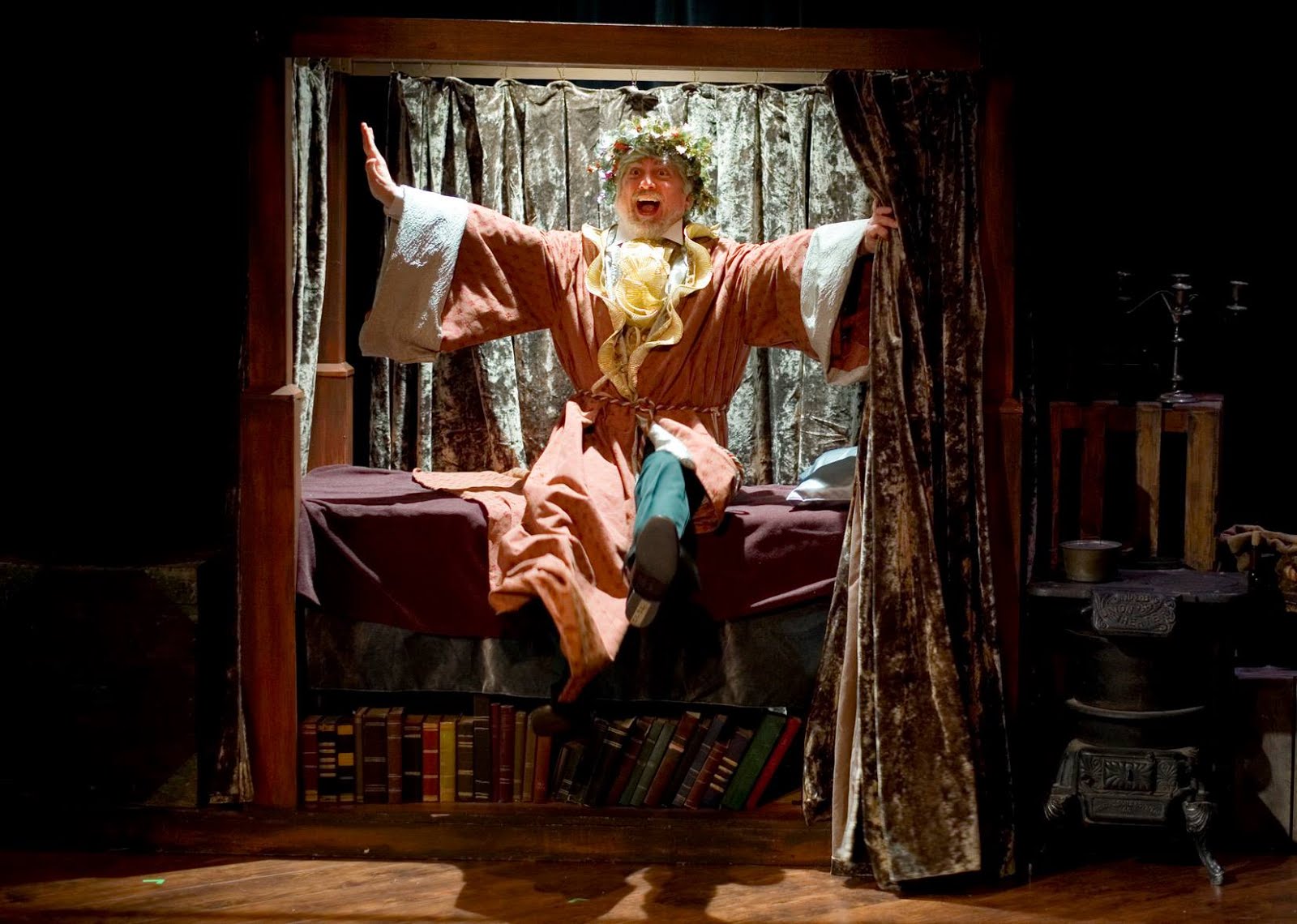

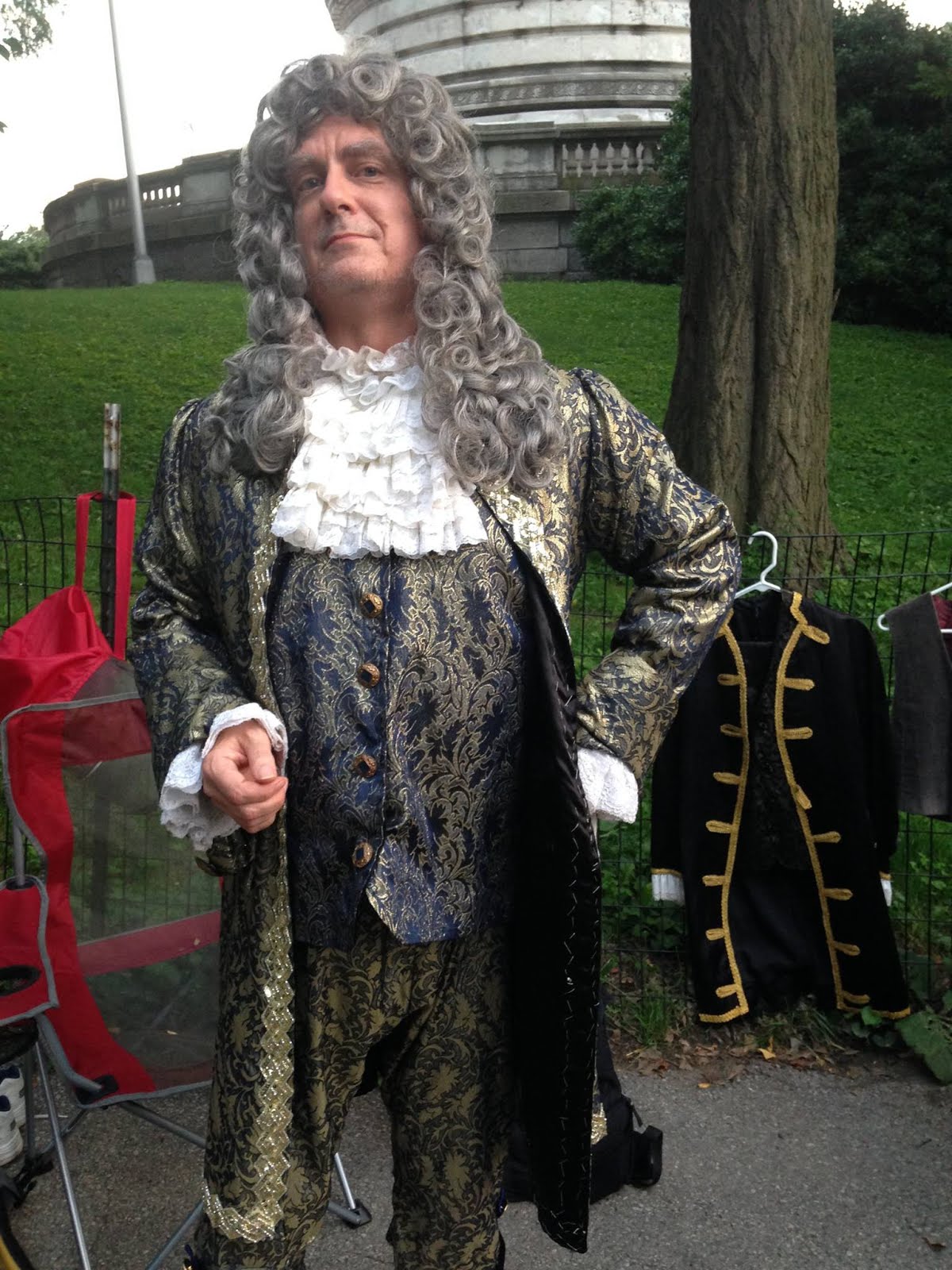


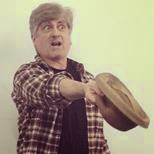

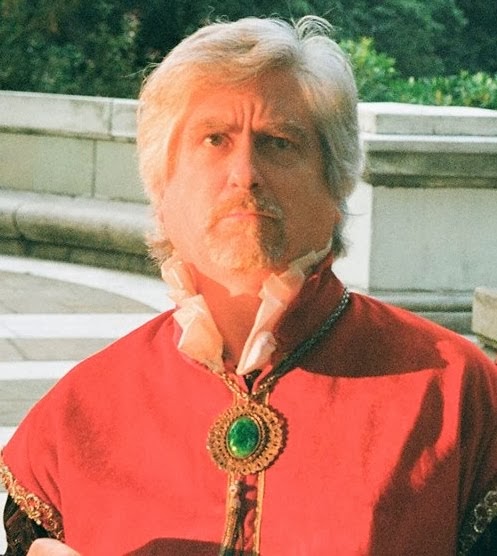














,+Olney+Theatre+Center,+2004.jpg)



,+Shakespeare+Theatre+Company,.jpg)


,+Warehouse+Theatre,+1999.jpg)
,+Are.jpg)
,+Everyman+Theatre,2002.jpg)
,+First+Nationa.jpg)
,+Shakespeare+Theatre+Company,.jpg)
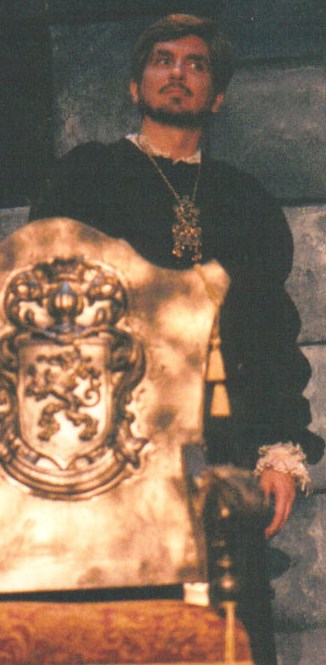





,+Granada+Th.jpg)
,+Globe+Playhouse,.jpg)
,+CSUN,+1976.jpg)


